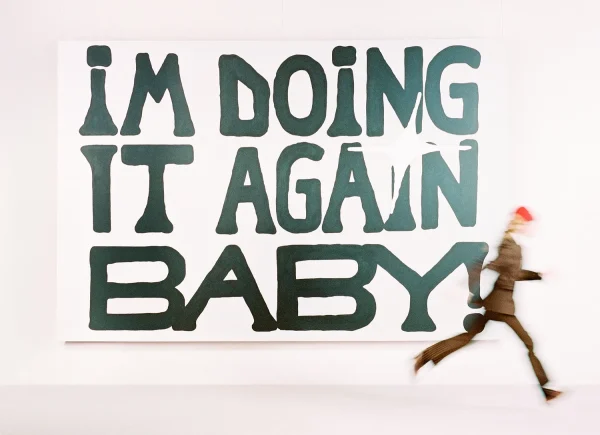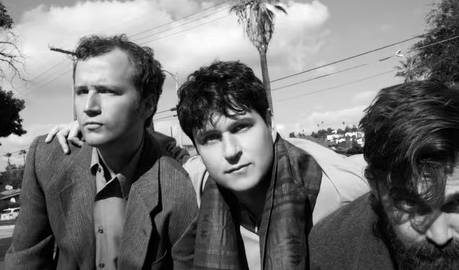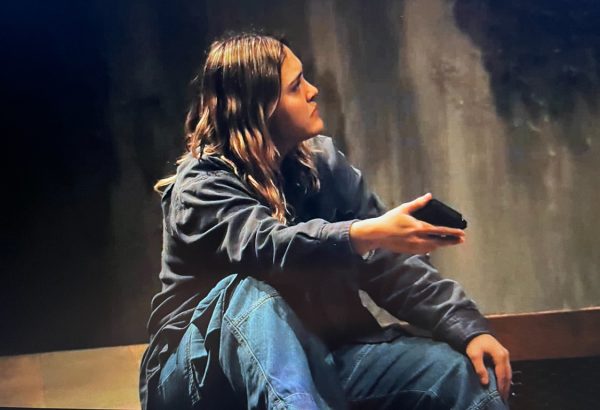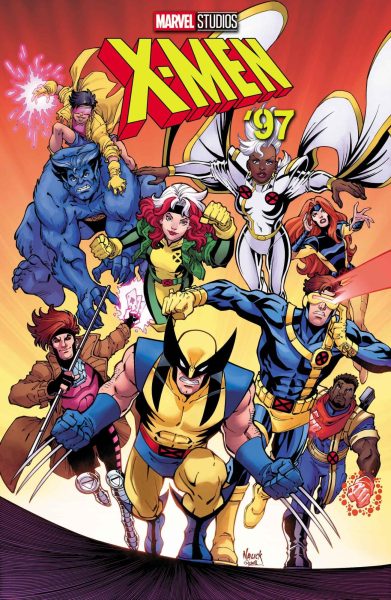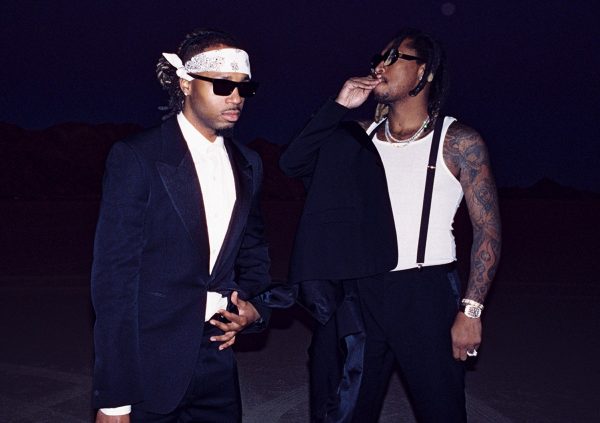To protest or not to protest: Anti-Trump rallies
Angered by the election of Donald Trump as president, people have marched across nearly every major U.S. city in protest. And, in my opinion, this isn’t the right cause.
After one of the most turbulent elections in recent memory, it’s not surprising that half the country isn’t happy with the result. Even though I’m included in that dissatisfied group, I think that if there were ever a time to protest, it wouldn’t be this moment.
Political movements can move in two directions at any given time — either they are growing in interest and members, or they are shrinking. And with the lack of a clear realistic goal for the anti-Trump movement, I don’t see this movement growing for much longer.
What seems to be the clearest goal of the movement, preventing Donald Trump from taking office, is seen as both a possibility and impossibility by some sources. But rather than being a matter of public outcry, the decision will ultimately be dependent on officials outside the public’s control.
Protest can be an important form of vocalizing collective opinions that can lead to social or legislative change. And since there is ultimately no clear change that the public can instigate, the purpose of this movement should be delayed.
The protests should be delayed to when, if the time ever comes, Trump screws up. If the protests happen any time before, I think there is a strong possibility that the public could be either disinterested in mobilization for a social cause, or unwilling to hear the same voices shouting, “I told you so.”
It’s hard for everyone, including me, to sit by and watch someone who could be damaging to this country take its most important position. But unfortunately, there isn’t much that can be done right now that wouldn’t raise scrutiny of an important opinion on the matter.
Detroit had its own protest last week. At the protest, I noticed that the most cited reason for protesting, as stated by participants, was to voice their disdain for the rhetoric and language Trump used against vulnerable groups in America during his campaign.
Detroit has seen a plethora of protests. From inciting legislation on the plight of the bumblebee in Campus Martius to a civil rights march for Black Lives Matter that stopped traffic on Woodward Avenue for miles, protests continue to be an important part of the culture of Detroit.
And with Detroit’s undeniable proximity to OU’s campus, the only thing I can say is to save your political voice for the most important causes that have clear, attainable goals.
College is an important time for people to find a political voice that can finally be separate from the major influences that are left at home. Many students become politically active for the first time in college, and the most important thing for people in that position is to deliver their opinions in the most effective way possible.


